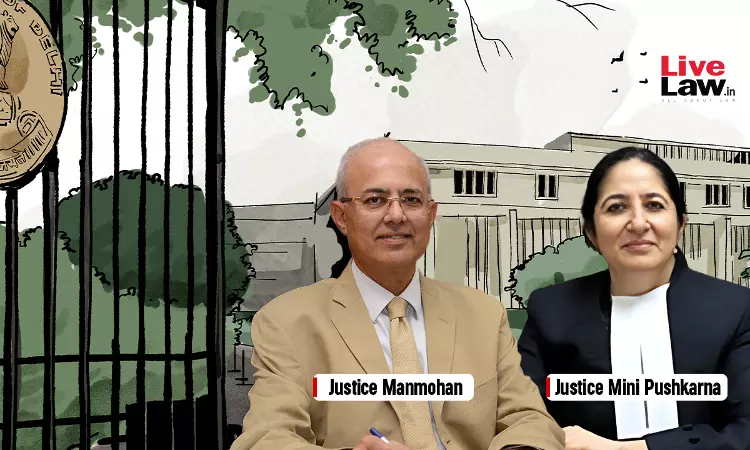The Delhi High Court has dismissed a public interest litigation challenging two circulars issued by the Central Board of Indirect Taxes and Customs (CBIC) mandating compulsory disposal and sale of all seized gold ornaments or jewellery to Reserve Bank of India (RBI) within three months from the date of seizure. A division bench of Acting Chief Justice Manmohan and Justice Mini Pushkarna...

